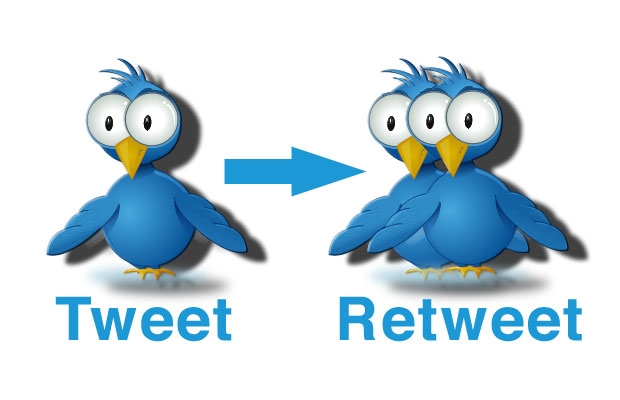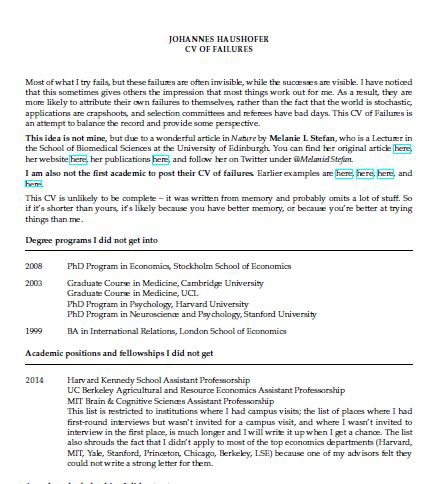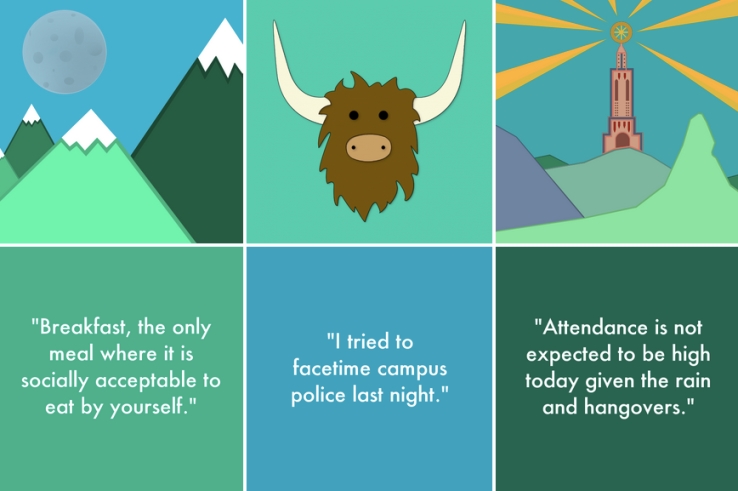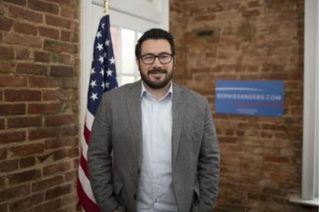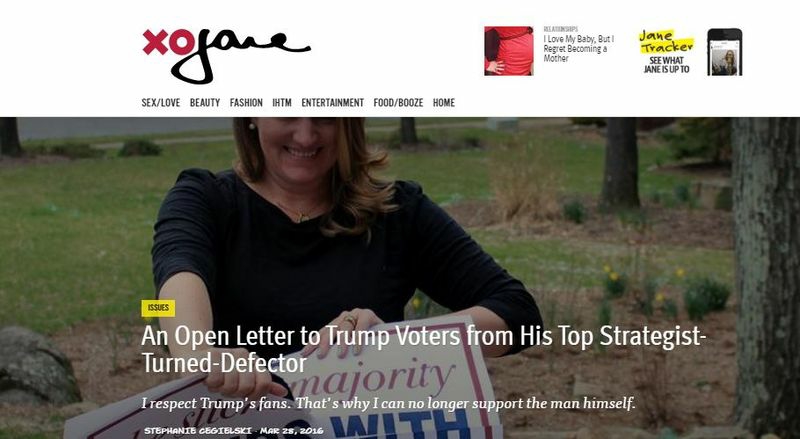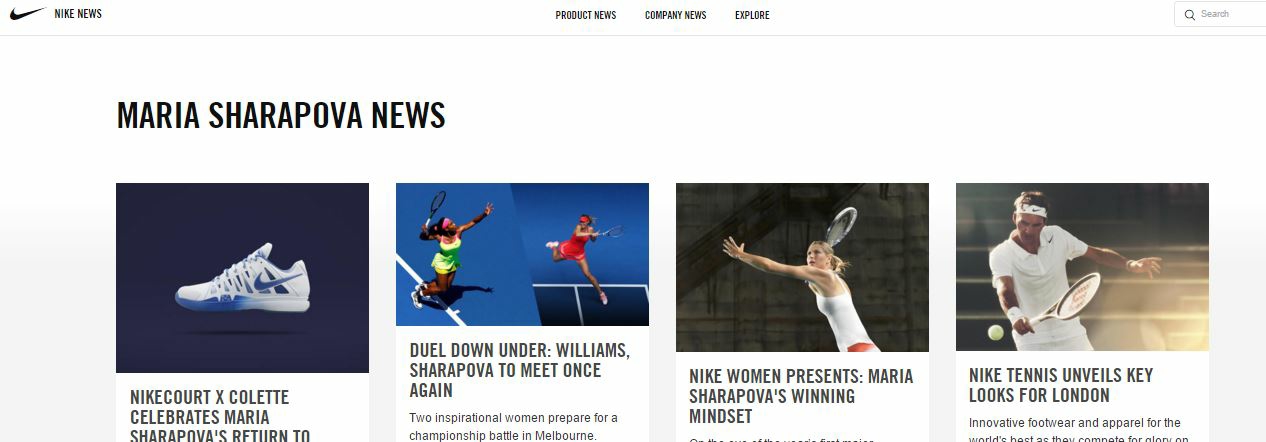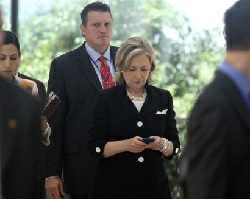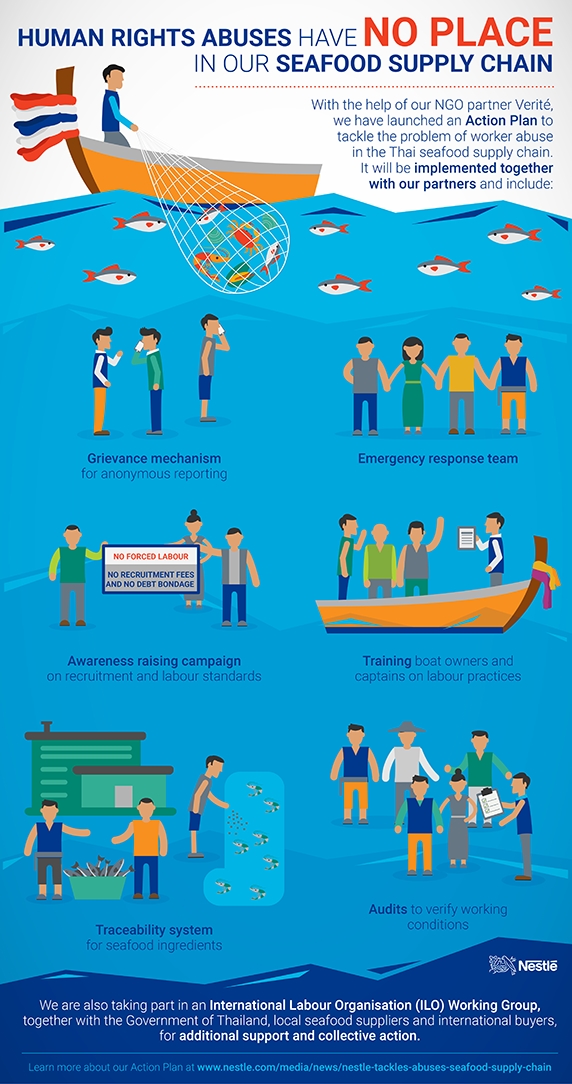At Last, Email Help?
/Email "triage" tools can help us organize and our messages and, maybe, make better decisions about our communications. Hiri seems to focus on how people use email rather than on the tool itself. After all, we're the problem, not email.
The company makes big claims: "Communication is the soul of your company. Hiri is an email app that helps you save time, organise your day, and improve communication." We'll see, but the app does have some nifty features:
- A weekly score of your clarity, brevity, and tone. (I'm curious about how this is rated.)
- A forced wait time of 30 minutes, to avoid checking email too often. This could be frustrating, but checking too often causes stress, according to some studies.
- Distinguishing emails that require action from FYIs. Tasks are created from emails that require a response or action. This could be useful to diminish attention to all those emails on which we're copied.
Discussion Starters:
- How could these features help people organize their time and improve communication?
- Which email triage tools have you used in the past, and how have you found them helpful?


